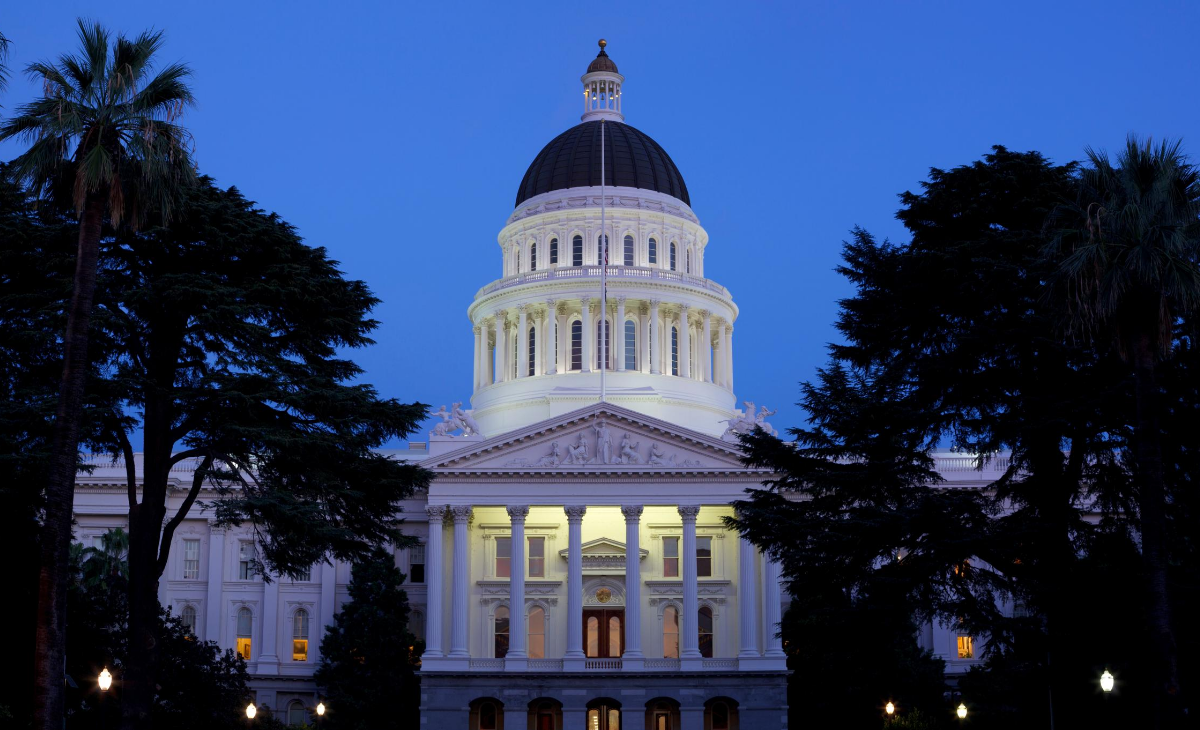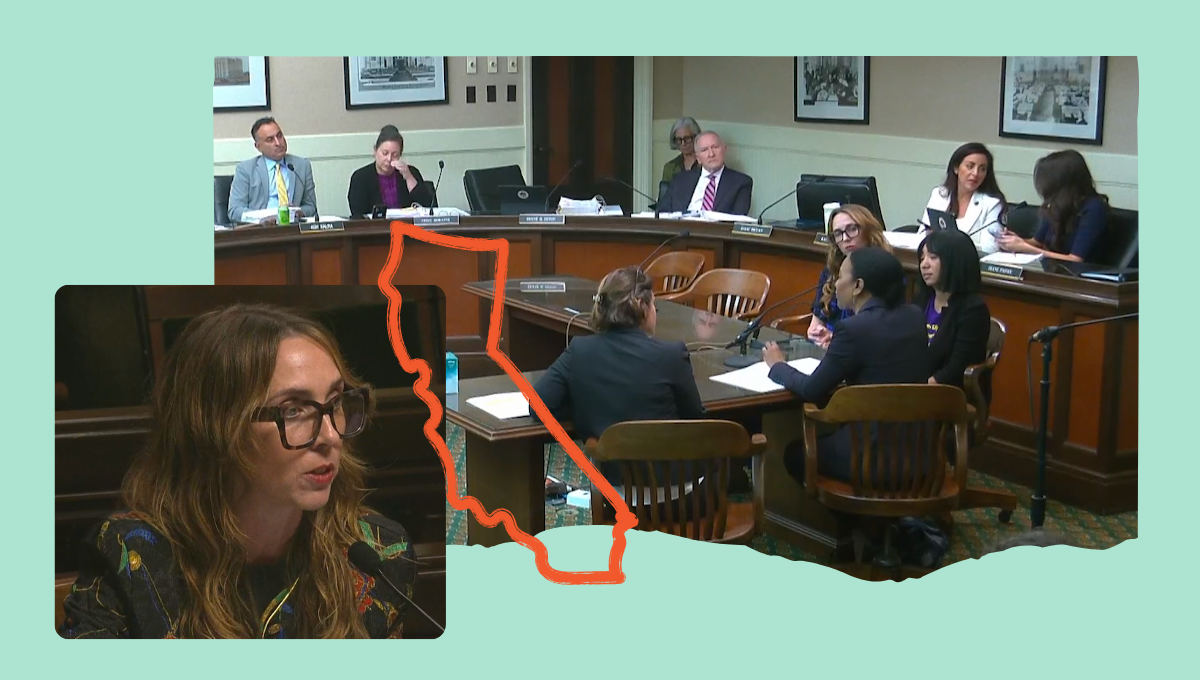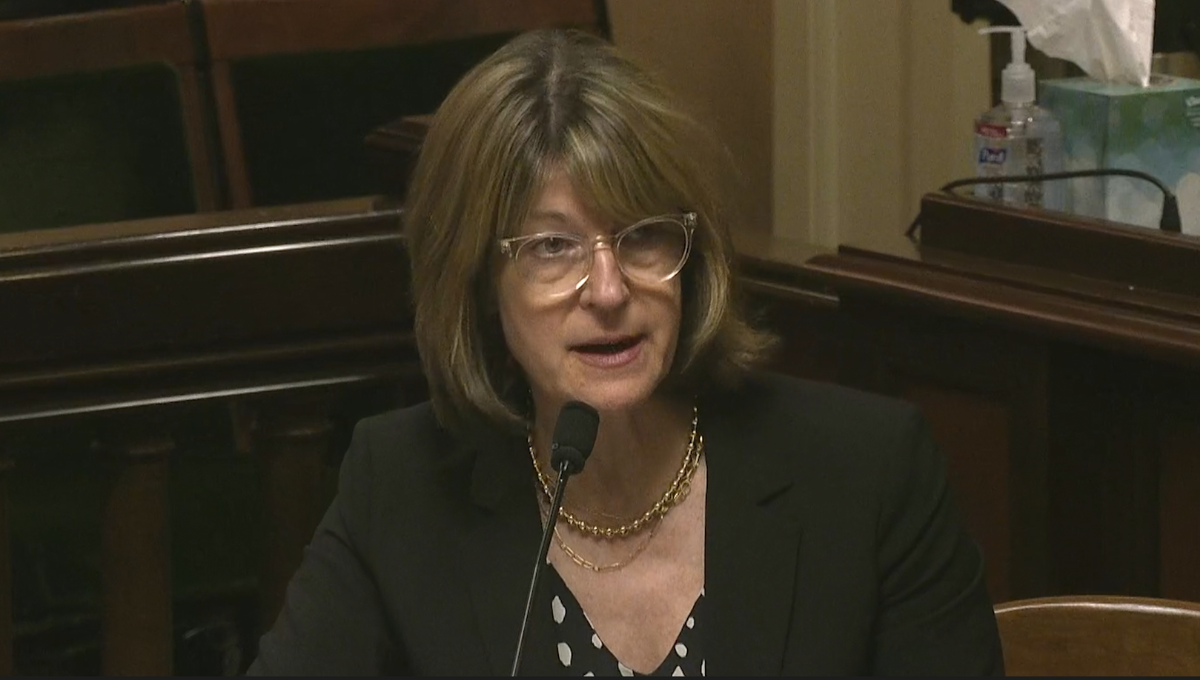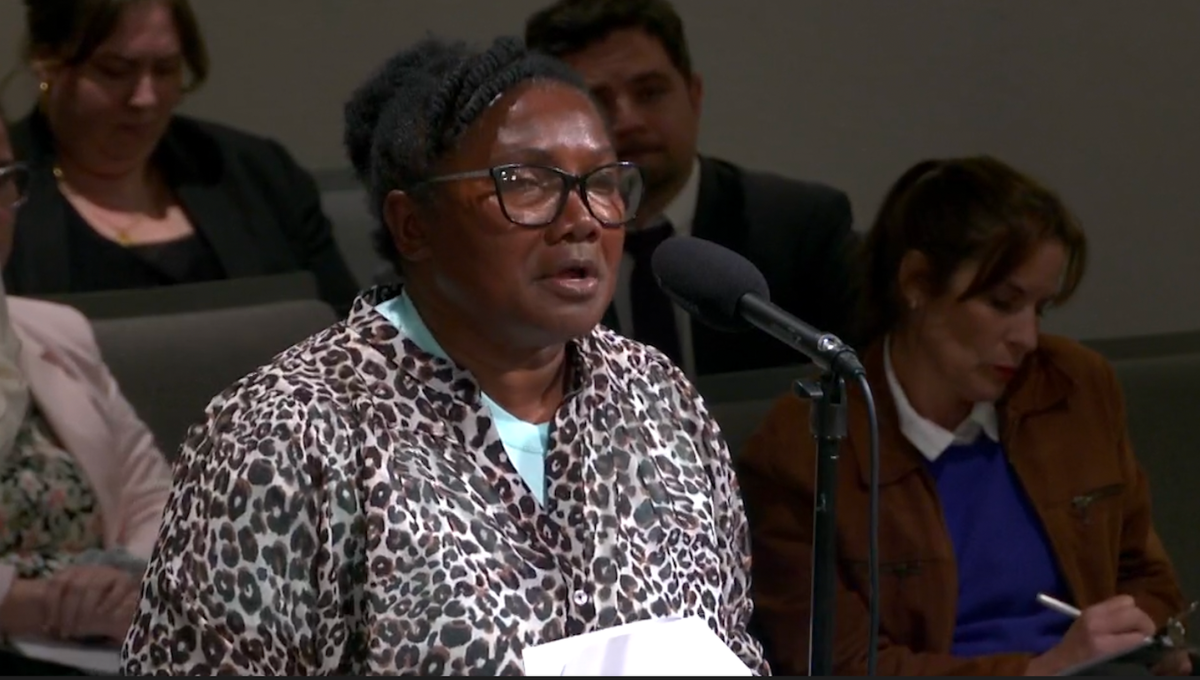Here’s What Passed—And Failed—in the CA Legislature in 2020

On Monday at midnight, the California Legislature adjourned for the year, sealing the fate of the bills proposed to address the pandemic, recession, skyrocketed unemployment, looming evictions, and our housing crisis. Many felt, though, that the Legislature didn’t accomplish what they needed to in order to fully respond to the state’s challenges.
A number of good housing bills did not get put up for the final votes needed to move them along to the Governor. The legislature did pass a compromise measure extending the state’s eviction moratorium, but it fell short of many tenant advocates’ desires. Two important worker protection bills also passed, helping protect jobs and provide for medical leave during the pandemic. Many housing production bills, including several endorsed by TechEquity, failed to get a final vote, effectively scuttling them for this year. It is possible that Governor Newsom could call a special legislative session that would potentially bring these bills back to life, but there haven’t been any indications he’s planning going down that road.
Here’s a quick summary of what happened to the bills on our legislative agenda. Check back in October, after the Governor has made his bill signing decisions, for a more detailed wrap-up of the legislative year.
COVID-19 Eviction Protection
Over the last few weeks of the legislative session, AB 1436, which converted back rent to consumer debt and barred evictions, emerged as the leading bill to stave off the eviction cliff.
Ultimately, legislators and the Governor settled on a compromise version of that bill which permanently bars eviction for missed rent between March and August and prevents tenants from being evicted if they pay at least 25% of their rent from September through January 2021. Starting in February 2021, tenants can be evicted for missing rent payments, and in March 2021 landlords can begin efforts to collect back rent.
Unfortunately, this deal allows evictions for non-rent payment issues to begin again immediately, expects tenants to still pay a large portion of their rent regardless of their financial situation, and allows collection of back rent to begin much sooner than earlier versions of the eviction protection bill. The state deal also preempts some local measures that would have given tenants more time to pay back rent.
COVID-19 Worker Protections
Legislators passed two bills that will protect workers during the pandemic. The first, AB 3216, guarantees that laid-off workers have the first right to their old jobs once their employer reopens and begins rehiring. The second, AB 1383, grants workers up to 12 weeks of leave to recuperate from an illness or take care of a sick family member, and it also protects the jobs of those workers who need to take that medical leave.
Housing Production
Production bills did not fare well in the last few weeks, but two of our endorsed bills did clear the legislature and now await the Governor’s signature. AB 2345 expands the state’s density bonus which allows developers to increase the number of units in a project and receive exemptions from local housing regulations—if they agree to include a certain number of affordable housing units. This bill will make it easier for new housing to come online that includes both market-rate and affordable units. AB 1851 makes it easier for religious institutions to convert unused space on their property to housing.
However, a host of other production bills did not make it through the legislature. A bill that would have dedicated additional state money for affordable housing, SB 795, died because of COVID-19 related budget concerns.
Two bills that would have attacked racist, exclusionary single-family housing only zoning also failed. SB 902 would have made it easier to increase density near public transit but met its demise following opposition from the building trades unions. SB 1120 would have allowed duplexes to be built anywhere, statewide, but failed to get a final approval vote after a head-scratching delay on the final night by Assembly Speaker Anthony Rendon.
A Senate bill, SB 899, similar to the successful AB 1851 would have made it easier for religious institutions and colleges and universities to build housing on their land, but that bill also stalled after facing opposition from the building trades.
What’s Next for California
All in all, this was a disappointing legislative year. With the multiple crises hurting California renters and workers, we needed our legislators to rise to the challenge and overcome ideological differences to protect the many Californians that are falling through the cracks. With the legislation closed for the year, the onus now falls on Governor Newsom to use his executive power to continue addressing the fallout from COVID-19 and years of bad housing policy.
It also means that the statewide measures up for a vote this November are going to be all the more important. Join us for our TechEquity 2020 Election Event Series to learn about what’s on the statewide and local ballots, starting next Thursday at noon.





